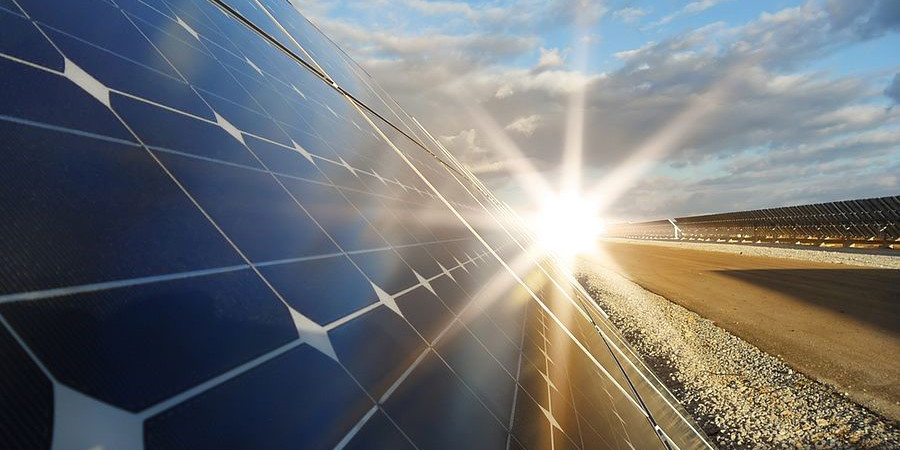As renewable energy continues to gain traction, solar power stands out as a popular and sustainable choice for many homeowners and businesses. When considering a solar energy system, it’s crucial to understand the differences between off-grid and on-grid systems to make an informed decision that best suits your energy needs.
Off-Grid solar systems
An off-grid solar system is designed to operate independently from the public electricity grid. This type of system is ideal for remote locations or for those looking to achieve complete energy independence. Here are some key features:
- Self-sufficiency: Off-grid systems rely solely on solar panels and battery storage. They provide a reliable power source without any connection to the utility grid.
- Battery storage: These systems include batteries to store excess energy generated during the day for use at night or during cloudy periods.
- Energy independence: Off-grid systems ensure that you are not affected by power outages or grid failures.
- Higher initial costs: While off-grid systems can eliminate monthly electricity bills, they often come with higher initial setup costs due to the need for batteries and additional components.
On-grid solar systems
On-grid, or grid-tied, solar systems are connected to the public electricity grid. This integration allows for a seamless flow of electricity and offers several advantages:
- Grid connection: Being tied to the grid means you can draw electricity when your solar panels aren’t producing enough power, ensuring a consistent energy supply.
- Net metering: Many on-grid systems benefit from net metering, where excess energy produced by your solar panels is sent back to the grid in exchange for credits. These credits can offset the cost of the electricity you use from the grid when your panels aren’t producing enough power.
- Lower initial costs: On-grid systems typically have lower upfront costs compared to off-grid systems because they do not require battery storage.
- Simpler installation: Without the need for batteries, on-grid systems are usually easier and quicker to install.
Choosing the right system
The decision between off-grid and on-grid solar systems depends on various factors:
- Location: Off-grid systems are ideal for remote areas without access to the utility grid, while on-grid systems are suitable for urban and suburban areas with reliable grid access
- Energy needs: Evaluate your energy consumption and whether you want complete independence from the grid.
- Budget: Consider the initial costs versus long-term savings. Off-grid systems have higher initial costs but can provide total energy independence, whereas on-grid systems are more affordable upfront and can offer financial benefits through net metering.
In conclusion, both off-grid and on-grid solar systems have their unique benefits and challenges. Assessing your specific energy requirements, location, and budget will help you choose the right solar solution to harness the power of the sun effectively. Investing in solar energy not only reduces your carbon footprint but also moves you towards a more sustainable and cost-effective energy future.
The views and opinions expressed in this article are the author’s own, and do not necessarily reflect those held by pv magazine.
This content is protected by copyright and may not be reused. If you want to cooperate with us and would like to reuse some of our content, please contact: editors@pv-magazine.com.








By submitting this form you agree to pv magazine using your data for the purposes of publishing your comment.
Your personal data will only be disclosed or otherwise transmitted to third parties for the purposes of spam filtering or if this is necessary for technical maintenance of the website. Any other transfer to third parties will not take place unless this is justified on the basis of applicable data protection regulations or if pv magazine is legally obliged to do so.
You may revoke this consent at any time with effect for the future, in which case your personal data will be deleted immediately. Otherwise, your data will be deleted if pv magazine has processed your request or the purpose of data storage is fulfilled.
Further information on data privacy can be found in our Data Protection Policy.